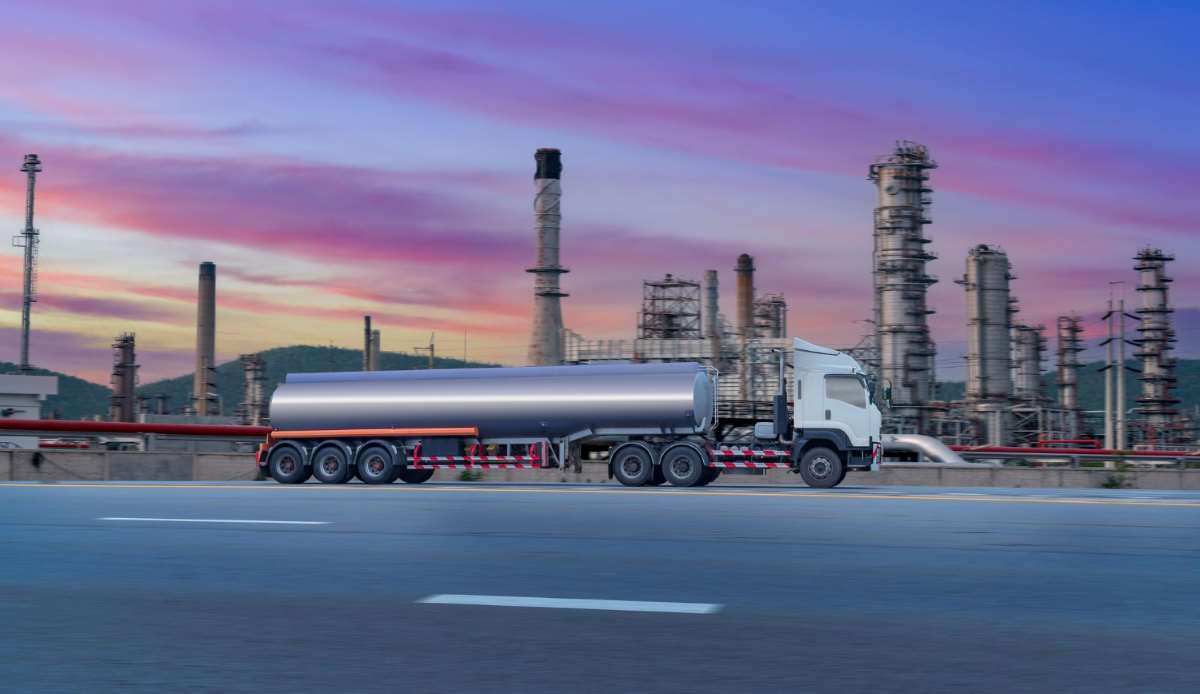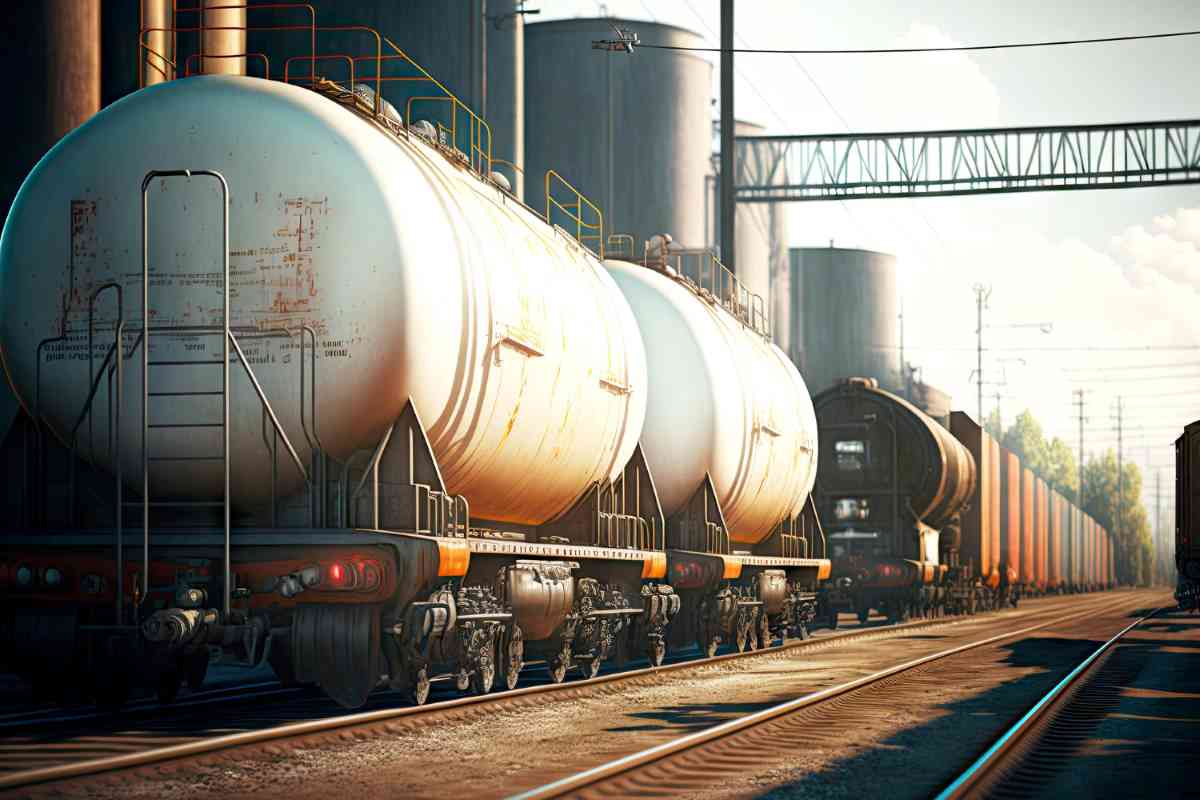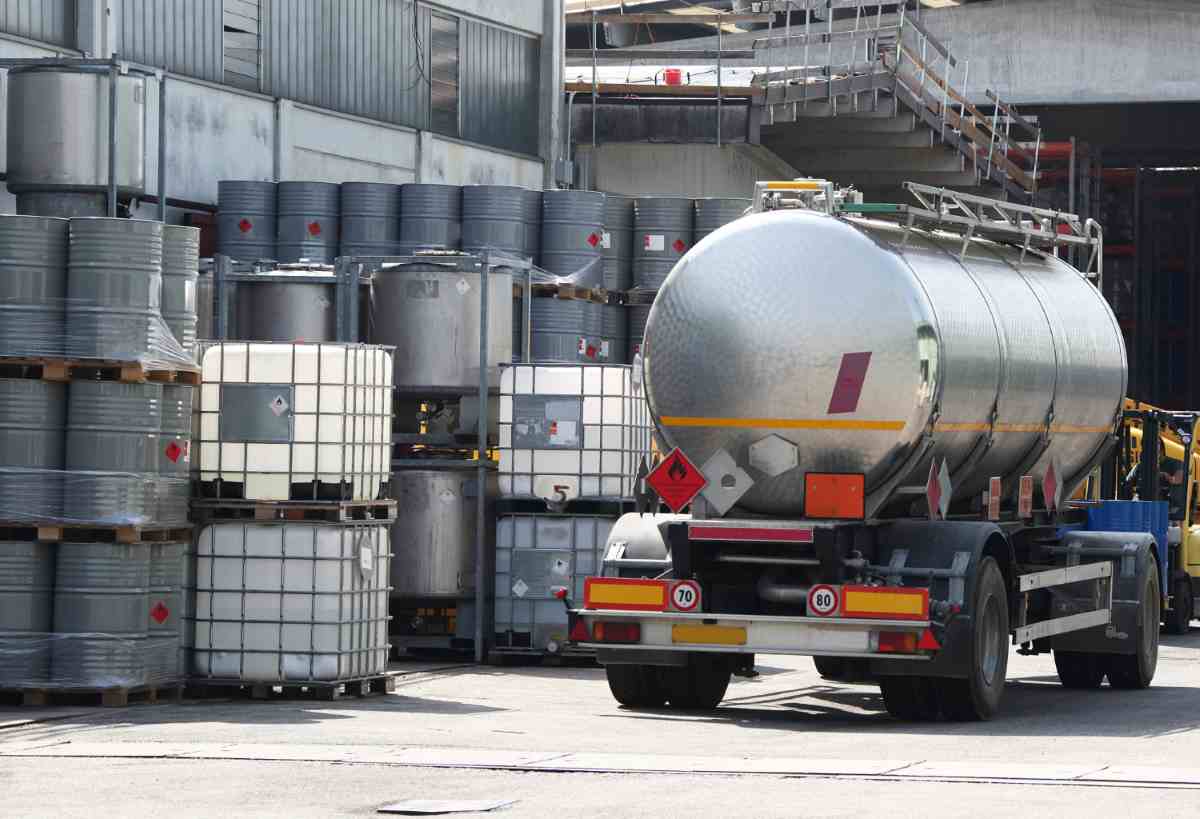The Role of DEF Production in Modern Diesel Engines
DEF production is a cornerstone of modern diesel engine sustainability, ensuring significant reductions in harmful nitrogen oxide (NOx) emissions. By producing high-quality Diesel Exhaust Fluid (DEF), manufacturers support the effective functioning of Selective Catalytic Reduction (SCR) systems in diesel vehicles. This process helps diesel engines meet stringent environmental regulations while maintaining performance.
High quality DEF production guarantees that diesel engines operate efficiently while reducing their environmental footprint. By converting NOx into harmless nitrogen and water vapor, DEF plays a critical role in promoting cleaner air and reducing the health risks associated with diesel emissions.
How DEF Production Supports Environmental Goals
Sustainability initiatives across industries rely heavily on efficient DEF production to achieve their environmental targets. Diesel vehicles equipped with SCR systems depend on DEF to minimize emissions, aligning with global efforts to combat climate change. The consistency of DEF quality is essential for long-term environmental progress.
Manufacturers investing in sustainable DEF production methods contribute to reducing their carbon footprint while supporting the transportation industry’s transition to greener practices. Advanced production technologies enable efficient resource utilization and minimize waste, further enhancing environmental outcomes.
The Importance of UAN32 Production in DEF Manufacturing
UAN32 production is closely linked to DEF manufacturing, sharing similar technologies and raw materials. Both industries utilize high-purity urea and advanced water purification systems, ensuring the consistent quality of their respective products. This overlap highlights the efficiency of shared production methods.
By integrating UAN32 production with DEF facilities, manufacturers can optimize operations and reduce production costs. This synergy supports the scalability of DEF production, meeting the growing demand for sustainable diesel solutions worldwide.

Advanced Technologies Driving DEF Production
The adoption of advanced technologies in DEF production has significantly enhanced efficiency and quality. Automation systems streamline manufacturing processes, ensuring consistent formulation and minimizing errors. Real-time monitoring tools provide detailed insights, helping manufacturers maintain strict adherence to ISO standards.
Another critical innovation in DEF production is the use of reverse osmosis systems for water purification. These systems remove impurities from water, ensuring the high purity required for DEF. Advanced technologies also help reduce energy consumption and production costs, aligning with sustainability goals.
How AdBlue Production Aligns with DEF Standards
AdBlue production, like DEF 32.5%, adheres to the same formulation standards, ensuring global compatibility with SCR systems. This consistency simplifies logistics and allows diesel vehicles to operate efficiently across regions, promoting sustainable transportation solutions worldwide.
By maintaining stringent quality controls, AdBlue production ensures that products meet the requirements of international environmental regulations. Manufacturers prioritize standardization to support emission reduction efforts, aligning with global sustainability initiatives.
The Role of Water Purification Plants in DEF Quality
Water purification plants are essential in maintaining the high-quality standards required for DEF. These facilities remove impurities from water, ensuring the deionized water used in DEF production meets stringent ISO guidelines. Impure water can compromise SCR system performance and increase maintenance costs.
Advanced technologies in water purification plants, such as reverse osmosis and UV sterilization, ensure the consistency and reliability of DEF production. By safeguarding water quality, manufacturers ensure the fluid supports the efficient operation of SCR systems in diesel vehicles.

Sea Water Desalination: A Sustainable Solution
Sea water desalination plants provide an innovative solution for regions where freshwater is scarce. These facilities convert seawater into ultra-pure water, ensuring a consistent supply for DEF production. This approach supports sustainable manufacturing practices by conserving natural freshwater resources.
The integration of sea water desalination technology in DEF production facilities aligns with global efforts to promote sustainability. Using renewable energy sources in desalination processes further reduces the environmental impact of DEF manufacturing, contributing to greener industrial practices.
Why AUS Production Supports Global Compatibility
AUS production, or AUS32, adheres to the same DEF 32.5% formulation, ensuring compatibility with SCR systems globally. This standardization simplifies international distribution and guarantees consistent product performance across regions, supporting global sustainability goals.
The alignment between AUS production and DEF manufacturing demonstrates the importance of maintaining quality standards. By prioritizing consistency, manufacturers enable diesel vehicles to reduce emissions effectively, promoting cleaner transportation worldwide.
Conclusion
Efficient DEF production is vital for achieving diesel sustainability and meeting global environmental goals. By leveraging advanced technologies such as water purification plants, reverse osmosis systems, and sea water desalination, manufacturers ensure the consistent quality of DEF. The integration of related industries, like UAN32 production, enhances operational efficiency and scalability, supporting the growing demand for cleaner transportation solutions.
Global standards maintained in AdBlue production and AUS production reinforce the compatibility and reliability of DEF across markets. As the industry continues to innovate, DEF production will remain a cornerstone of sustainable practices, driving progress toward a greener future.
Frequently Asked Questions
- What is DEF 32.5%?
- DEF 32.5% is a mixture of 32.5% high-purity urea and 67.5% deionized water, used to reduce NOx emissions in diesel engines.
- Why is DEF production important?
- Efficient DEF production ensures consistent quality and compliance with environmental regulations for diesel engines.
- How do water purification plants support DEF production?
- They ensure the deionized water used in DEF is free of impurities, maintaining SCR system efficiency.
- What role do sea water desalination plants play in DEF production?
- Desalination plants provide a sustainable source of ultra-pure water for DEF manufacturing in water-scarce regions.
- What is AUS production?
- AUS production, also known as AUS32, is the standard formulation of DEF used globally to reduce diesel emissions.
- How does reverse osmosis benefit DEF manufacturing?
- Reverse osmosis ensures water purity by removing contaminants, supporting high-quality DEF production.
- What is UAN32 production?
- UAN32 production involves manufacturing Urea Ammonium Nitrate, sharing technologies with DEF production for efficiency.
- What are AdBlue and AUS32?
- Both are standardized DEF products, ensuring compatibility with SCR systems worldwide.
- Why is DEF 32.5% essential for diesel engines?
- It reduces harmful NOx emissions, helping diesel vehicles comply with stringent environmental regulations.
- Where can I purchase certified DEF?
- Certified DEF is available at fuel stations, automotive retailers, and online suppliers globally.

